— as TASAC embarks on 5 -day visit to understudy NIMASA’s operations
Funso OLOJO with Gloria Odion
Nigeria’s quest to grab the elusive Category C seat of the International Maritime Organization (IMO) received a big boost on Monday ‘ May 19th, 2025 when the government of Tanzanian pledged to support Nigeria to regain the prestigious seat it last won nine years ago.
The pledge was made by the Director General of TASAC, Mohammed Salumu, when he led a high powered delegation of officials from the Tanzanian maritime administration to NIMASA for a 5- day benchmark visit to understudy the operations of the agency.
Mr Salumu, who was represented by
Mrs. Leticia Mutaki, Director of Maritime Safety, Security and Environmental Protection, declared that Nigeria is a force to be reckoned with in African maritime administration and therefore the country will adequately represent the interests of African countries on the IMO category C seat.
“We believe Nigeria’s position on the IMO Council is vital for the region and the continent at large. Tanzania will continue to support this ambition,” she affirmed
The Tanzania maritime administration has embarked on the visit to NIMASA to learn the rope in maritime administration.
According to the representative of DG of TASAC, Mrs Mutak, the maritime administration of the East African country wanted to share from the experience of NIMASA on maritime safety, security, marine pollution control and how NIMASA fulfill its obligations to the IMO.
She said that the visit would also afford the two maritime administrations to formalise a long-term partnership focused on addressing common maritime challenges, enhancing regulatory capacity, and boosting youth employment across the continent.
The strategic collaboration, which was initiated during a visit by TASAC officials to the NIMASA headquarters in Lagos, is expected to cover key areas including maritime safety, flag and port state control, seafarer certification, digital transformation, and environmental protection frameworks.
Receiving the delegation, Director-General of NIMASA, Dr. Dayo Mobereola, stated that the visit goes beyond ceremonial diplomacy, describing it as a foundation for structured, continent-wide maritime engagement.
“This study visit represents a valuable opportunity for our agencies to share expertise, best practices, and innovative solutions to common maritime challenges,” Mobereola said.
“We are not only here to share what we’ve achieved, but also to learn from TASAC. We view this as a mutually beneficial partnership.”
He noted that the Minister of Marine and Blue Economy, Adegboyega Oyetola, had endorsed the initiative, citing similarities in policy direction and a shared commitment to unlocking Africa’s blue economy potential.
Mobereola outlined areas of collaboration including oversight mechanisms, flag and port state control, ship registration, oil pollution compensation systems, seafarer training and certification, financial sustainability in maritime administration, and digital transformation.
He cited the Deep Blue project as one of NIMASA’s key successes in tackling maritime insecurity but stressed that such efforts must be complemented by regional cooperation.
“Our Deep Blue project has helped enhance security in Nigeria’s waters, but maritime threats are transnational and require collective approaches. This collaboration is timely,” he said.
He also expressed NIMASA’s readiness to finalise a Memorandum of Understanding with TASAC, which is currently being reviewed by NIMASA’s legal and technical teams.
Mobereola stressed the importance of the partnership in advancing Africa’s unified voice on the global maritime stage, especially at international bodies such as the International Maritime Organization (IMO) and the International Labour Organization (ILO).
“African maritime administrations must begin to coordinate their positions on critical issues such as market-based measures for the green transition,” he said.
“We must also explore comparative advantages in maritime energy and alternative fuels.”
On the continent’s rising role in seafarer supply, Mobereola said both countries can develop maritime human capital through coordinated training programmes and create jobs for Africa’s growing youth population.
Mr Mohammed Salumu , the Director General TASAC applauded NIMASA’s regulatory reforms and technical progress, particularly in maritime security and digitalisation.
He noted that TASAC was particularly interested in learning more about Nigeria’s approach to port and flag state control, ship registry processes, maritime training structures, and how NIMASA sustains its operations financially.
Salumu who was represented by Mrs. Leticia Mutaki, Director of Maritime Safety, Security and Environmental Protection who led the delegation said
“Your Deep Blue security framework is impressive, and your investments in human capacity development are commendable,” Salumu said.
“Tanzania is keen to learn from your systems, especially in areas of certification, flag state inspections, and seafarer welfare.”
He also confirmed that the visit had a dual purpose — to learn and to offer support for Nigeria’s quest for IMO Category C seat.
The TASAC DG described the visit as the beginning of “an important technical alliance” and assured that TASAC would also share best practices from its own regulatory environment to support mutual growth.
Both sides expressed optimism that the collaboration would yield a formal partnership that will promote operational efficiency, improved compliance, and a united African voice in maritime policy decisions.



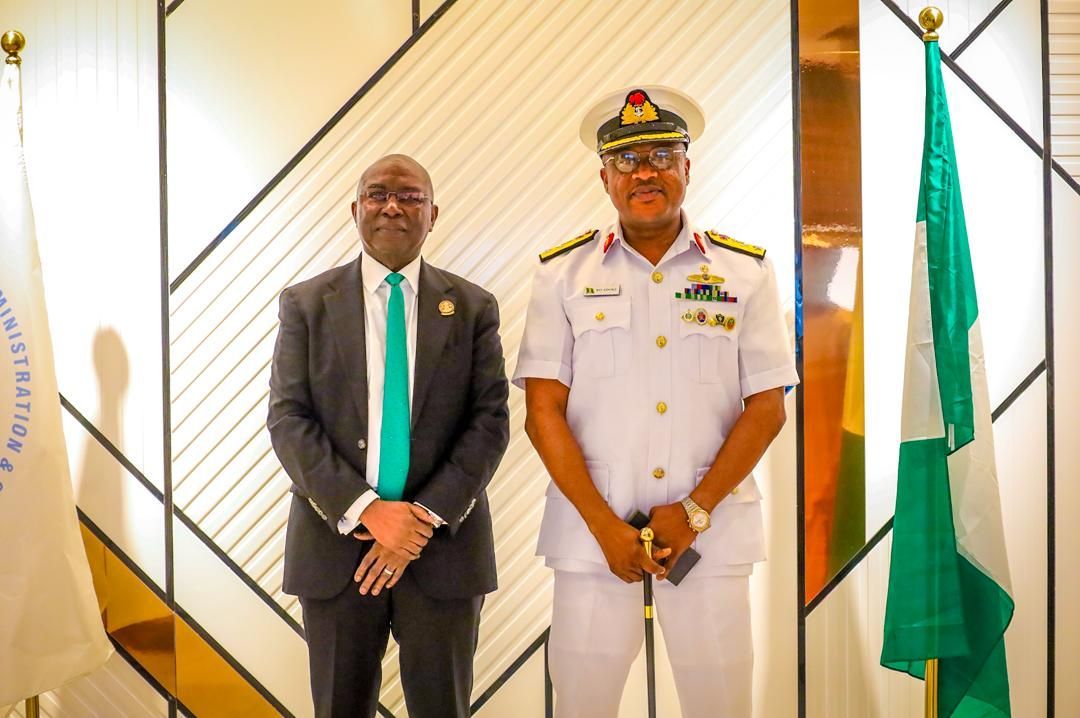
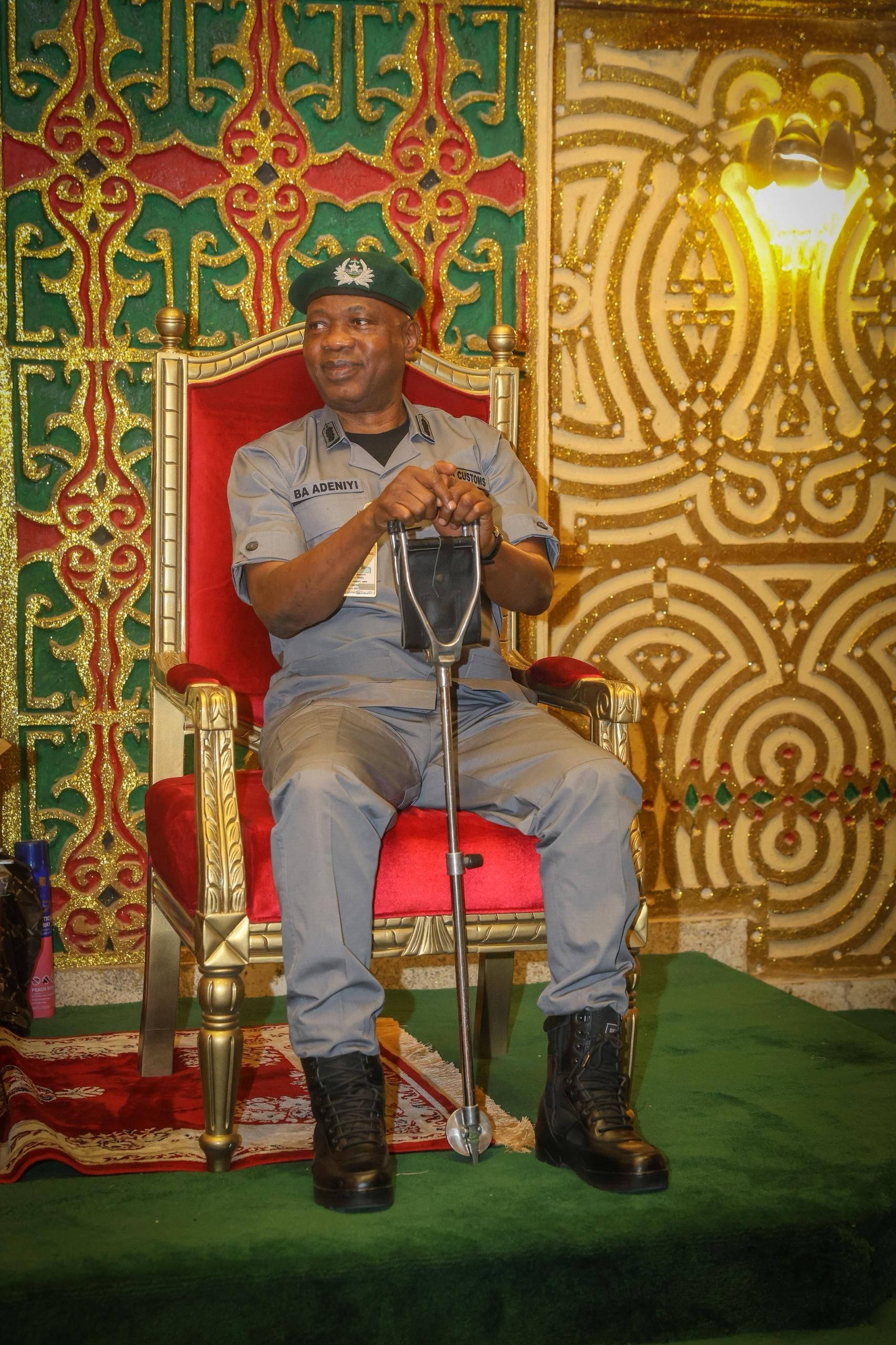

 Headlines3 months ago
Headlines3 months ago
 Headlines4 days ago
Headlines4 days ago
 Headlines3 months ago
Headlines3 months ago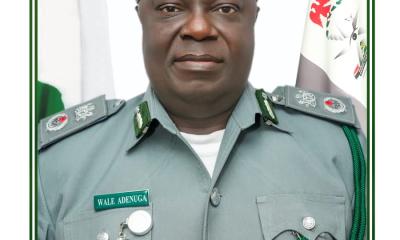
 Customs3 months ago
Customs3 months ago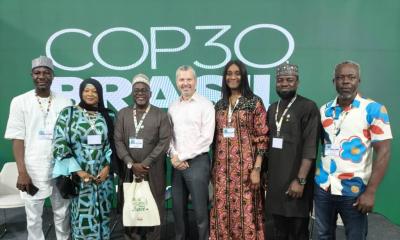
 Headlines3 months ago
Headlines3 months ago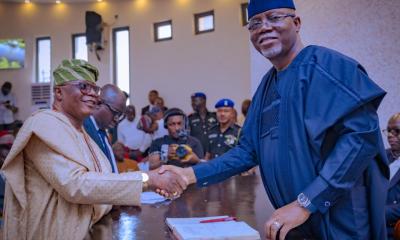
 Headlines3 months ago
Headlines3 months ago
